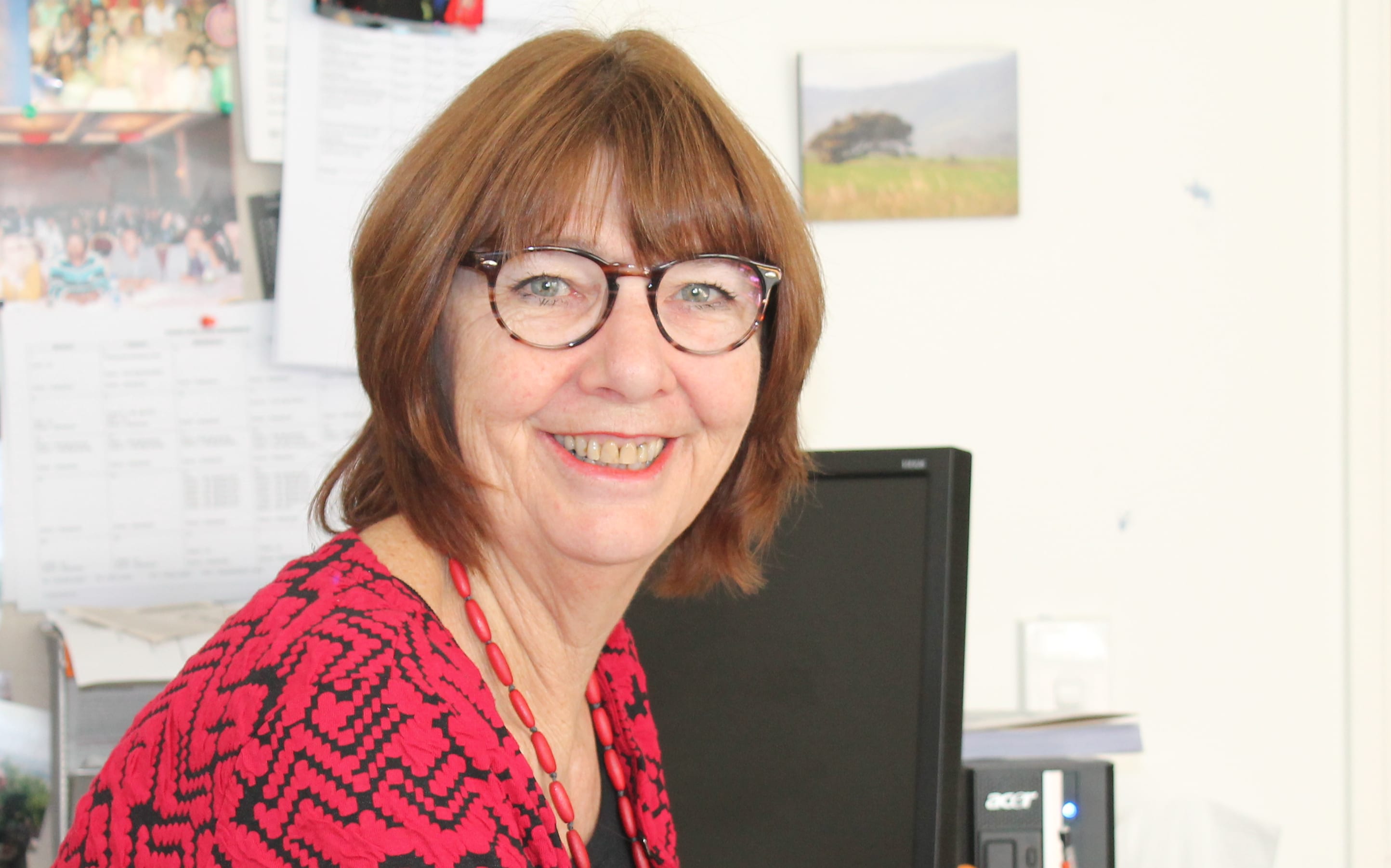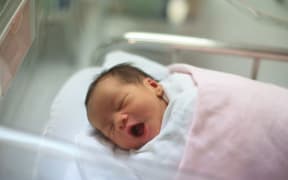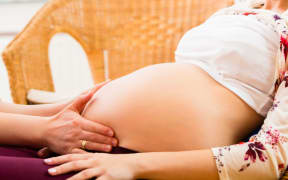A shortage of midwives in hospital wards does not mean mothers-to-be will not get the care they need, the Ministry of Health says.

Photo: 123RF
Ministry of Health chief nursing officer Jane O'Malley told Nine to Noon there was a complex problem which they wanted to fix.
"There is a problem in that there is a workforce shortage in the tertiary sector in relation to midwives," she said.
She said the shortage was largely a problem with tertiary facilities and thought New Zealand's midwifery advisory group should be broadened to understand how all the groups involved could get together and solve the problem.
"If we don't sort the problem about what's happening in the tertiary institutions about what's causing midwives not to want to be there then we will continue to have to recruit from overseas or see this large churn."
Her comments were in response to serious criticism last week by College of Midwives chief executive Karen Guilliland, and huge feedback to an earlier interview with a new mother who has laid a complaint after her experience in one hospital.
Ms Guilliland said midwives were undervalued and underresourced and the shortage was reaching crisis point, citing high burnout rates and turnover in the number of midwives working in hospital post-natal wards.

Karen Guilliland of the College of Midwives. Photo: Katy Gosset/RNZ
She said retention rates for midwives had gone from 15 years to about six years, and that stress and burnout was greater than in any other profession.
Ms Guilliand said the $40 million DHBs received for midwifery and maternity care was being diverted into other areas of healthcare because all areas of health were underfunded.
Ms O'Malley said that as a clinician working at the ministry she was not an expert on funding and could not comment on any funding decisions, but that a shortage would be costing the ministry money because of overtime and paying others to fulfill the role midwives normally would.
However, she wanted to reassure women that they would get the care they needed.
"And if we look at the statistics, there is nothing to suggest in the statistics that things are going badly wrong with women - so women going into hospital can expect that they will receive care and that that outcome of their pregnancy and their delivery will be a good outcome.
Ms O'Malley said that where there was a complex delivery there was a different model of care involved which included many other roles.
"And maybe what we have to figure out is how do we work the rest of the care team to actually provide a safety net for midwives and mothers - but also to provide support for them to do the work that they need to do.
"I don't necessarily buy that all the work that is to be done in a hospital is work that should only be done by a midwife."
Last week, the Ministry of Health said the situation was a "distribution issue rather than an issue of short supply" and said it was working with the Tertiary Education Commission to look into where midwifery students were coming from and therefore where they were likely to work.




